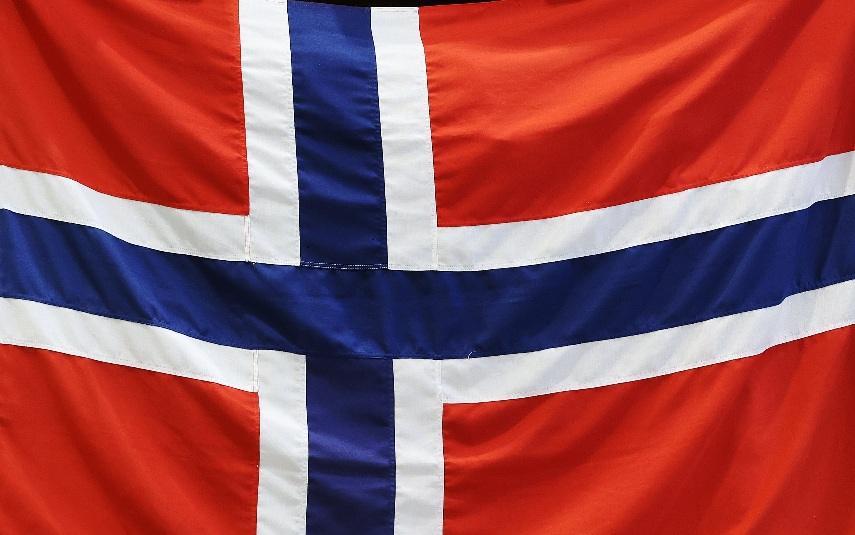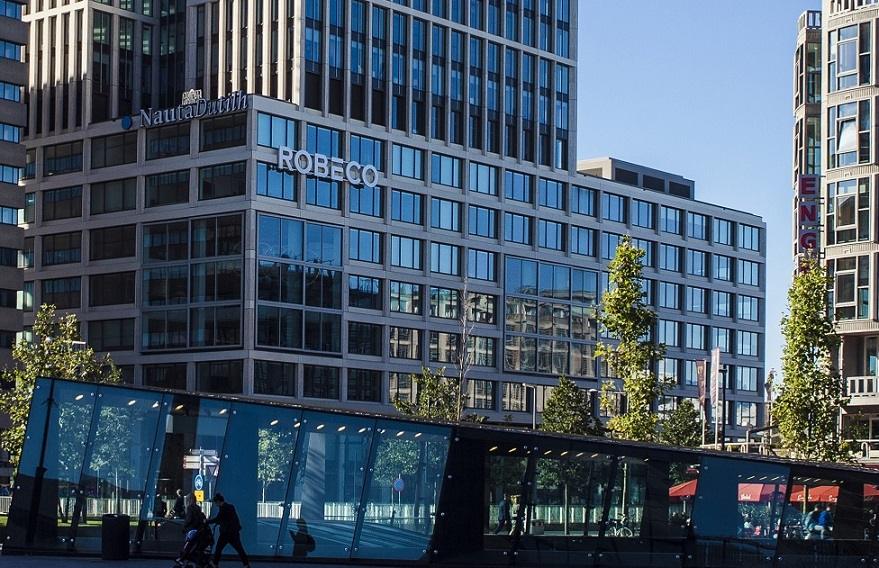Global National Climate Targets Not Aligned with Paris Agreement Goals: FTSE Russell
Interim goals are even farther off the mark
A new study by global index, data and analytics provider FTSE Russell evaluating the temperature alignment of national climate commitments for G20 countries found significant gaps between current climate targets and policies and the Paris Agreement goal to limit warming to 1.5°C.
For its new study, the Net Zero Atlas Report, timed to coincide with the COP26 climate conference, FTSE Russell calculated the Implied Temperature Rise (ITR) associated with individual national climate goals in order to assess alignment with different global warming trajectories. The report also considers country NDCs and their current policies, utilizing emissions projections from the International Institute for Applied Systems Analysis (IIASA) and the NewClimate Institute.
Among the key findings of the report is that the current state of national net zero goals going into COP26 imply a temperature rise of 2.1 degrees, while 2030 interim commitments (NDCs) are even farther off the 1.5 degree mark, implying warming of 2.8 degrees. Furthermore, current policies align with a 3 degree global warming trajectory, double that of the Paris agreement.
The report includes a country-by-country analysis of G20 long-term and interim goals, and their alignment with global climate goals. On the individual country level, Canada and the U.S.’ NDCs are the farthest out of alignment with 1.5 degrees, with both country’s goals implying a temperature rise of more than 1 degree above that goal. While Saudi Arabia, which announced its climate goals shortly before COP26, has interim targets aligned with warming of less than 1 degree, the country’s 2060 net zero goal is among the least ambitious, aligning with a 2.9 degree future.
Commenting on the report’s findings, and its key takeaways for investors, Arne Staal, Group Head of Benchmarks & Indices at LSEG and CEO of FTSE Russell, said:
“This analysis shows that while much progress has been made since Paris, national commitments in aggregate could still fall short of the scale and pace of change required, with countries’ current policies aligning with a 3°C global warming trajectory, double that of the Paris agreement.
“This has major implications for investors and underlines once again the urgency in redoubling global climate efforts and the importance of COP26 negotiations in safeguarding the well-being and prosperity of future generations.”
Click here to access the FTSE Russell COP26 Net Zero Atlas.





